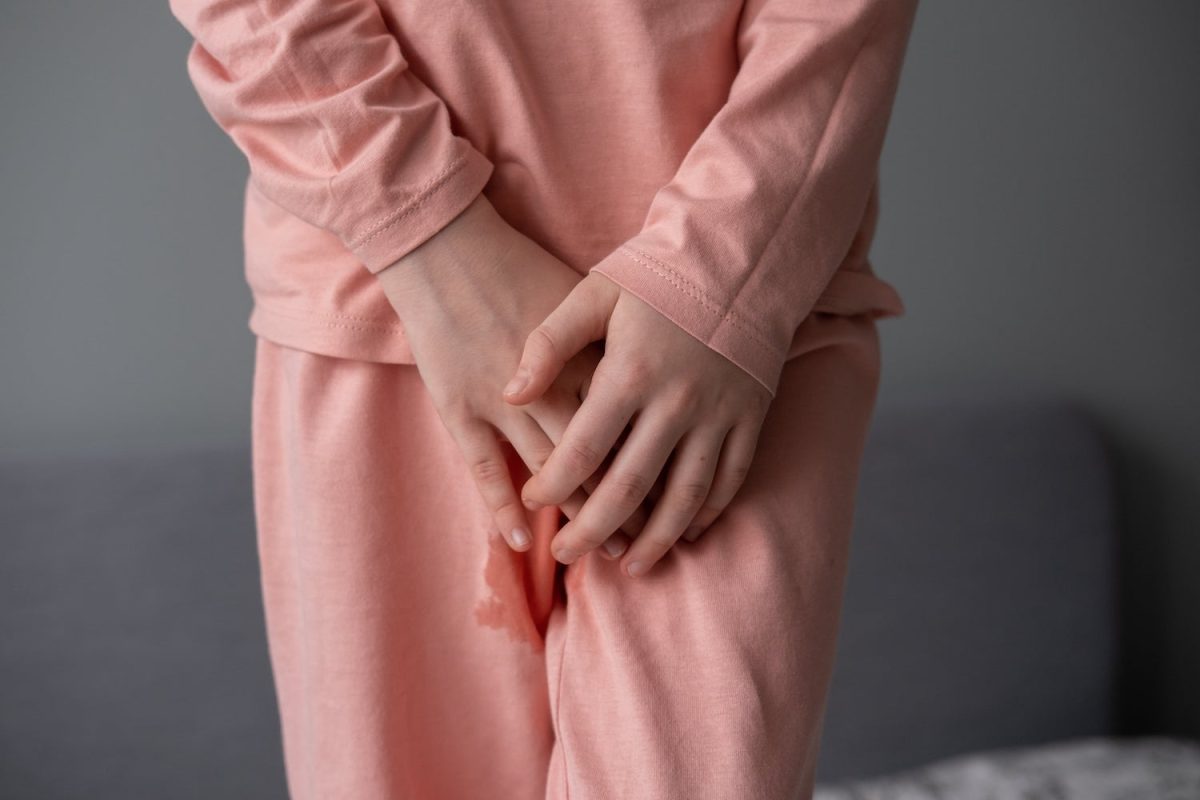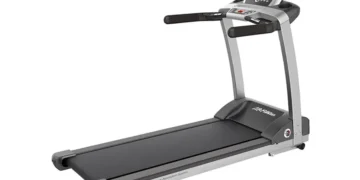Urinary incontinence occurs when you unintentionally leak urine. It can be due to various factors like weak muscles or nerve damage.
Seeking treatment is crucial if it interferes with your daily life, causing discomfort or embarrassment. Additionally, if it’s a recent issue or accompanied by pain, consulting a healthcare professional is advised.
Timely urinary incontinence treatment in Singapore can substantially enhance your quality of life. This can lead to improved control and confidence in social situations. Also, it can prevent potential complications like skin irritation or infections. In this article, we look into the available options for urinary incontinence treatment in Singapore, but first;
Table of Contents
What is the First Line of Treatment for Urinary Incontinence?
The first-line of treatment for urinary incontinence is a comprehensive approach to regaining control over your bladder. The treatments here are often employed in combination.
This is to ensure that they offer a holistic and effective strategy to manage urinary incontinence. They’re also designed to help enhance your quality of life. That said, the first line of urinary incontinence treatment does include;
· Behavioral Therapies: Bladder Training and Toileting Habits
Bladder training and toileting habit adjustments are fundamental in treating urinary incontinence. These techniques help you regain control over your bladder by retraining it to hold urine for longer periods and release it at more appropriate times.
When you gradually increase the intervals between bathroom visits, your bladder learns to accommodate more urine, reducing the frequency of involuntary leaks. Importantly, practicing scheduled toileting routines can improve your bladder’s predictability, minimizing unexpected accidents.
· Lifestyle Modifications
Lifestyle modifications play a key role in addressing urinary incontinence. These include maintaining a healthy weight, as excess weight can put extra pressure on your bladder and pelvic muscles.
Regular exercise can also help strengthen these muscles, enhancing urinary control. Avoiding heavy lifting and high-impact activities can prevent stress incontinence, a common type of urinary incontinence associated with physical strain.
· Voiding Diary
Keeping a voiding diary is a practical tool to identify patterns in your urinary habits. This diary allows you to record when you drink, when you urinate, and when incontinence episodes occur.
Through a careful analysis of this data, you and your healthcare provider can pinpoint triggers. From there, you can develop a personalized treatment plan tailored to your specific needs.
· Dietary Changes
Dietary modifications can make a significant difference in managing urinary incontinence. Reducing caffeine intake, which is a known bladder irritant, can help alleviate symptoms.
Caffeine can stimulate the bladder, causing urgency and increased frequency. So, cutting back on coffee, tea, and other caffeinated beverages, can help reduce the likelihood of leaks.
· Avoiding Bladder Irritants (e.g., Caffeine, Smoking)
As mentioned earlier, caffeine is a bladder irritant to be avoided. Smoking is another habit that can exacerbate urinary incontinence.
Smoking damages the bladder’s lining and can lead to chronic coughing, which places additional stress on the pelvic floor muscles. Quitting smoking can not only improve your overall health but also contribute to better urinary control.
· Pelvic Floor Muscle Training (PFMT)
Pelvic floor muscle training is a cornerstone of urinary incontinence treatment. These exercises help strengthen the muscles responsible for supporting your bladder and controlling urine flow.
If you regularly perform PFMT exercises, you can enhance muscle tone and regain control over your bladder. These exercises can be done discreetly and are a crucial component of managing stress and urge incontinence.
· Biofeedback
Biofeedback is a valuable tool that provides real-time information about your pelvic floor muscles’ activity. During a biofeedback session, sensors are used to monitor muscle contractions.
The visualization of this data, allows you to learn to identify and control these muscles more effectively. Biofeedback enhances your awareness of pelvic floor muscle engagement, making it easier to implement the techniques you’ve learned through PFMT.
What Type of Treatments are Available for Urinary Incontinence?
When seeking urinary incontinence treatment in Singapore, a skilled urologist or urogynaecologist will invest time in guiding you towards the best treatment option. They’ll assess the type and severity of your condition, along with your overall health and lifestyle.
Open communication with the specialist will be key for receiving personalized and effective care. Here are the available treatments for urinary incontinence;
· Neurotoxin Bladder Injections
Your healthcare provider may recommend neurotoxin injections into the bladder. These injections work by relaxing the bladder, which can be particularly effective in reducing urge incontinence.
The neurotoxin targets specific nerves that are responsible for controlling bladder contractions. They then temporarily calm these nerves to reduce the frequency and intensity of sudden urges to urinate. This treatment option is minimally invasive and can offer significant relief for those struggling with urge incontinence.
· Electromagnetic Stimulation (HIFEM)
Just as it sounds, this technique employs electric currents to target neuromuscular tissue. This way, they effectively modify muscle structure and stimulate the growth of new muscle fibers in the pelvic floor.
When these crucial muscles are strengthened, electromagnetic stimulation enhances your urinary control. This innovative approach is non-invasive and has shown promising results in improving pelvic floor function and reducing incontinence episodes.
· Tension-Free Vaginal Tape (TVT, TVT-O)
For those seeking surgical intervention, tension-free vaginal tape (TVT, TVT-O) is a widely used and highly successful method. This surgery is particularly effective in treating stress incontinence.
The procedure involves placing a supportive tape beneath the urethra to provide added structural support. Success rates for this surgery are notably high, and recovery times tend to be relatively short, making it a popular choice among patients and healthcare professionals alike.
· Nerve Modulation
Nerve modulation is another advanced treatment option for urinary incontinence. This approach involves the placement of a thin wire near the spinal nerve that controls bladder function.
By regulating the signals sent to the bladder, nerve modulation can help restore proper bladder control. Alternatively, a small needle can be strategically placed at the ankle to stimulate a smaller nerve that ultimately connects to the spinal nerve. This technique offers a targeted and effective way to address urinary incontinence at its neurological source.
· Surgery
In severe cases of overactive bladder, surgery may be considered as a treatment option. The goal of this procedure is to increase the capacity of the bladder.
This way, surgery helps provide more room for urine storage. In some extreme cases, the bladder may be completely removed.
If removed, a stoma bag may be used as an alternative means of collecting and disposing of urine. Now, surgery is typically reserved for cases where other treatments have not yielded sufficient results. Nonetheless, it can also still be a transformative option if you struggle with severe urinary incontinence.
It’s a Wrap!
There are several options for urinary incontinence treatment in Singapore. The most suitable choice depends on the type and severity of your condition.
So, ensure you seek out a proficient doctor with expertise in urinary incontinence treatment. For expert urinary incontinence care, consult Dr. Fiona Wu, an experienced Consultant Urologist and Medical Director of Aare Urocare. Call or visit Dr. Fiona Wu at;
Aare Urocare – One-Stop Incontinence Centre | Dr Fiona Wu | Kidney Stones Removal | UTI Vaccine Singapore
6 Napier Road #10-06 Gleneagles Medical Centre,
Singapore 258499
+656252 4681
Home


 Home
Home








